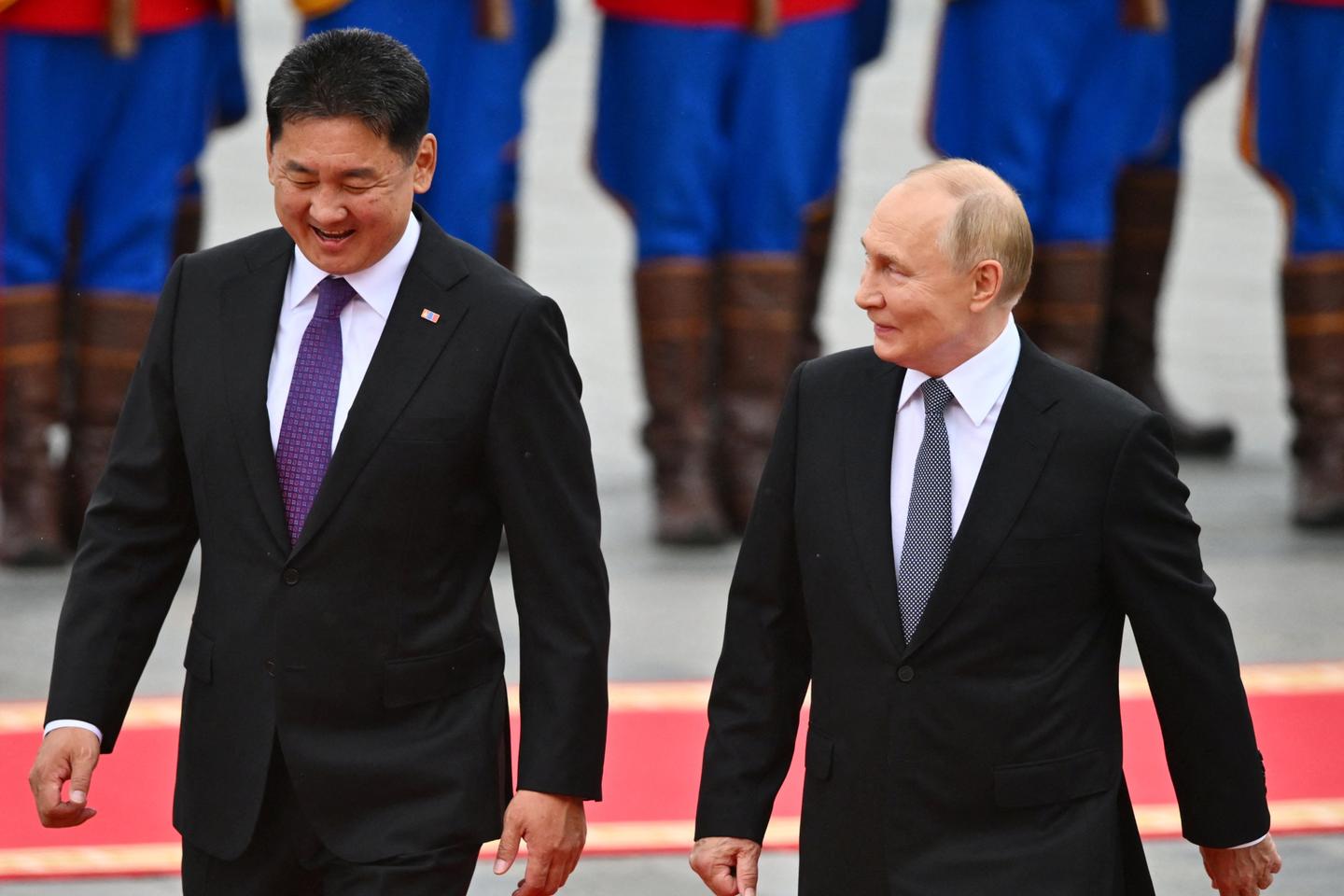


The red carpet had been rolled out for Russian President Vladimir Putin when he arrived with great fanfare in Mongolia on Tuesday, September 3, on his first visit to a member country of the International Criminal Court (ICC) since an arrest warrant was issued for him on suspicion of illegally deporting Ukrainian children to Russia.
Mongolia, a member of the ICC, is therefore obliged to detain him. But on Monday evening, on his arrival in Ulaanbaatar, the Russian president was welcomed with great pomp by the honor guard. Ukraine was not pleased: Foreign Ministry spokesperson Heorhii Tykhyi accused Mongolia of having "allowed the indicted criminal to escape justice, thereby sharing responsibility for his war crimes."
Putin's move appears to be an act of defiance against the ICC, war-torn Ukraine, and the many Western countries and human rights organizations that had called for his arrest.
Last week, the Court, based in The Hague, Netherlands, reiterated that its member countries have an "obligation" to detain individuals for whom arrest warrants have been issued. In practice, however, any sanctions imposed by the ICC are essentially limited to a verbal reprimand.
A democracy landlocked between the two authoritarian countries of Russia and China, Mongolia has maintained close ties with Moscow since the collapse of the Soviet Union in 1991. A former satellite of the USSR, Mongolia did not condemn the Russian invasion of Ukraine and abstained from voting on the conflict at the UN.
The Kremlin said last week that it had "no concerns" about a possible arrest of the Russian president in Mongolia. Ahead of the trip, the Russian leader had praised the "promising economic and industrial projects" between the two countries, in an interview with the Mongolian newspaper Unuudur. One of those projects is the construction of a gas pipeline to link China and Russia, via Mongolia.
